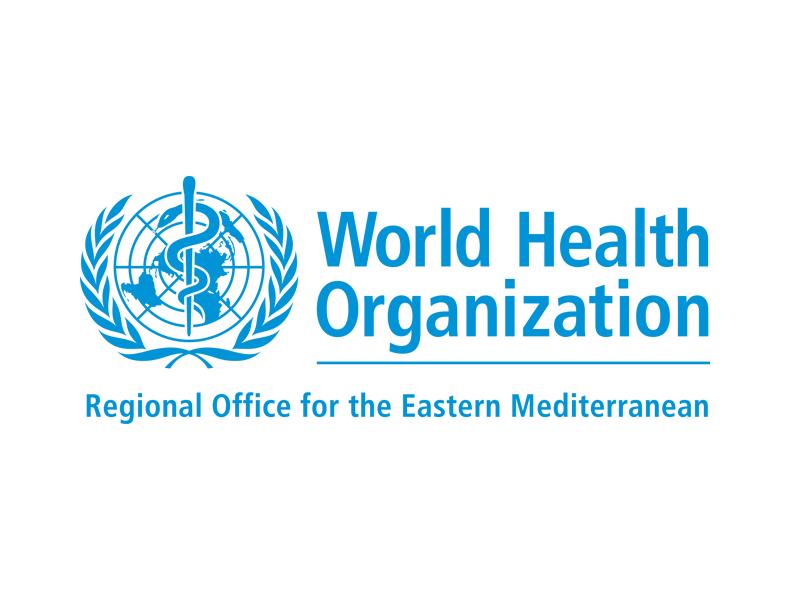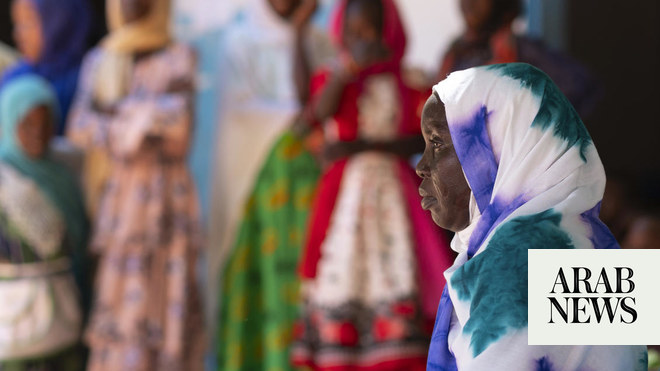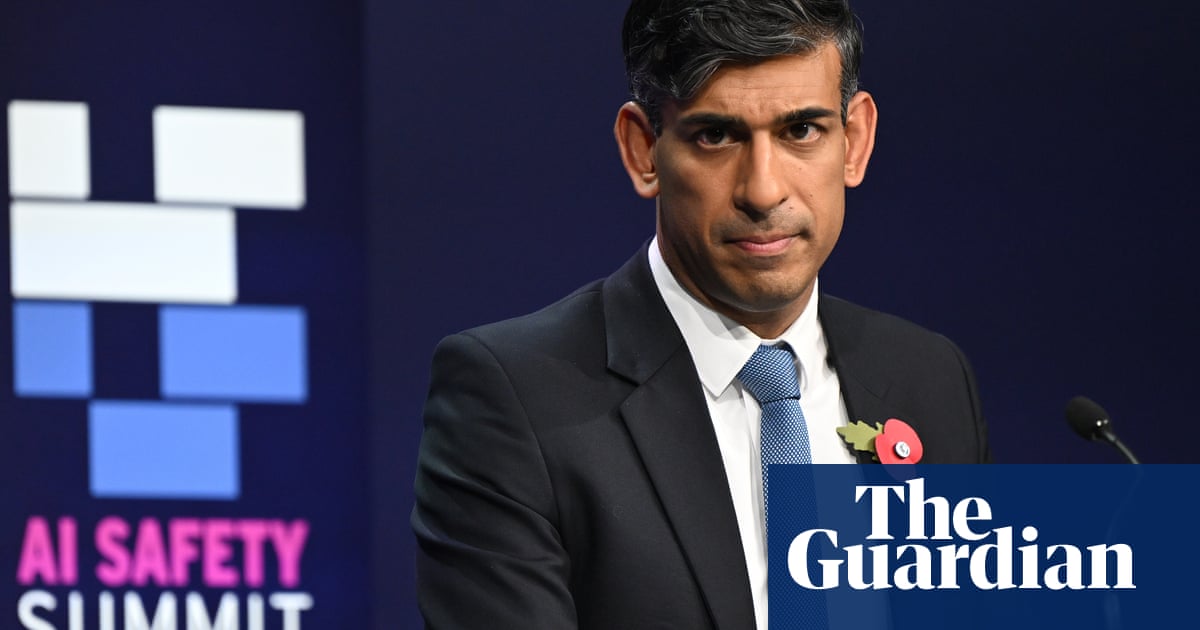
Need for international unity to help end the civil war is ‘blindingly clear,’ says organization’s political chief
At least 20,000 people have been killed during the conflict, thousands more injured and millions displaced
NEW YORK CITY: The UN warned on Tuesday that the civil war in Sudan, which began in April 2023, continues to inflict “unrelenting violence and suffering” on millions of civilians in the country.
It said that as clashes between two rival factions of the military government, the Sudanese Armed Forces and the paramilitary Rapid Support Forces, continue unabated, the latest wave of attacks by the latter in the eastern state of Al-Gazira has been marked by “some of the most extreme violence witnessed in the past 18 months.”
Rosemarie DiCarlo, the UN’s undersecretary-general for political and peacebuilding affairs, told a meeting of the Security Council on Tuesday, that Sudan is “trapped in a nightmare,” as she condemned recent atrocities that have resulted in large numbers of civilian deaths.
During more than a year-and-a-half of conflict, at least 20,000 people have been killed and more than 33,000 injured. The war has created the worst displacement crisis in the world; more than 11 million people have fled their homes to other parts of Sudan, and 3 million have sought refuge in neighboring countries.
Human rights groups have reported horrific violations of international law as the warring factions continue to wreak havoc across the country, including widespread sexual violence primarily targeting women and girls.
Describing the violence as “appalling,” DiCarlo condemned relentless attacks by the RSF and indiscriminate SAF airstrikes on populated areas.
“This is a man-made disaster. Both warring parties bear responsibility for the atrocities and must be held accountable,” she said as she called for an immediate ceasefire to protect civilians.
Ramesh Rajasingham, director of the UN’s Office for the Coordination of Humanitarian Affairs, warned of widespread food insecurity in the war-ravaged country.
Conditions are particularly troubling in Darfur and Khartoum, he said, where thousands have died and malnutrition rates are surging, especially among children.
According to his office, there are rising levels of malnutrition in the Zamzam displacement camp in North Darfur, which was already facing famine conditions, affecting 34 percent of children, 10 percent of whom are severely malnourished.
Rajasingham stressed the urgent need for improved humanitarian access, as many conflict zones remain completely cut off or are difficult to reach because of difficult or delayed procedures. While the opening of the Adre border crossing from Chad has helped to provide “vital relief,” he said this alone is not sufficient given the scale of the crisis.
Humanitarian organizations require safe, unimpeded access so that they can deliver aid, he added as he called for agreements on humanitarian pauses in the fighting so that assistance can be delivered and civilians can move safely out of conflict zones.
Rajasingham also urged the international community to provide flexible financial support for relief operations, and to push for a ceasefire agreement.
“The conditions are there for the conflict to claim even more lives,” he warned as he called for an “immediate shift” in the way the international community is responding to the unfolding crisis.
Despite international pressure, there has been little progress toward peace talks. Both the RSF and the SAF continue to escalate their military operations, bolstered by external support including a steady flow of weapons into the country.
“Certain purported allies of the parties are enabling the slaughter in Sudan,” DiCarlo said as she called for this “unconscionable and illegal” external support that is fueling the violence to end.
Efforts to mediate the conflict have been fragmented to date. The international community has struggled to present a unified front and the warring factions have profited from this lack of unity.
However, DiCarlo pointed to a glimmer of hope in the form of ongoing efforts by the African Union and the Intergovernmental Authority on Development to restore a process for political dialogue and facilitate a peaceful resolution to the conflict.
She also acknowledged the work being done by the Aligned for Advancing Lifesaving and Peace in Sudan Group to promote key peace initiatives, including the Jeddah Declaration, which aims to establish mechanisms for protect civilians.
“The need for greater convergence is blindingly clear,” DiCarlo said. With the conflict showing no sign of abating, she also called for the implementation of local ceasefire agreements to offer some respite to civilians.
The UN has also proposed the establishment of a compliance mechanism, she added, to hold the warring parties accountable for their commitments to the protection of civilians under the Jeddah Declaration.












